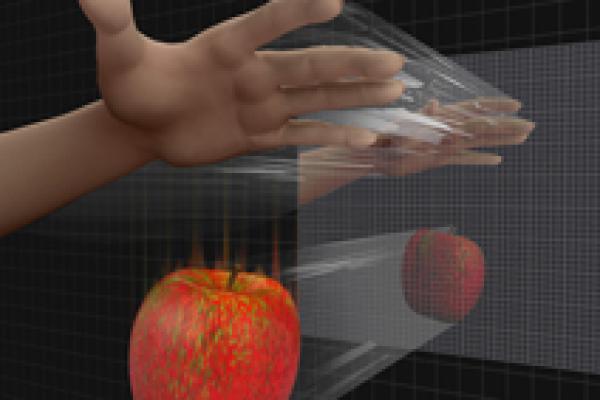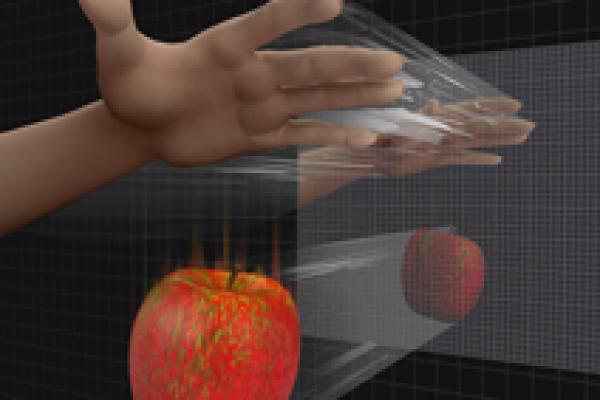
Random surfaces help reveal the secrets of the Universe
Find out how random shapes shed light on one of the hardest problems in physics.

Find out how random shapes shed light on one of the hardest problems in physics.

Mathematics is an indispensable tool in physics, but can physics solve problem in maths? Find out more in this article.

Find out how a theory from physics has provided tools for solving long-standing problems in number theory. And in turn how number theory helps solve the mystery of black holes.
"The 20th century was the interaction of geometry and physics, and the 21st century is the interaction of number theory with physics." Find out why in our conversation with Yang-Hui He from the London Institute of Mathematical Sciences!



This collection of articles looks at one of the biggest problems in modern physics and at research that aims to solve it.





Nadia Bahjat-Abbas is a mature student working on one of the hardest problems of modern physics. Find out more in this video.

The holy grail for 21st century physics is to produce a unified theory of everything — M-theory is a prime candidate. Find out more in this video.